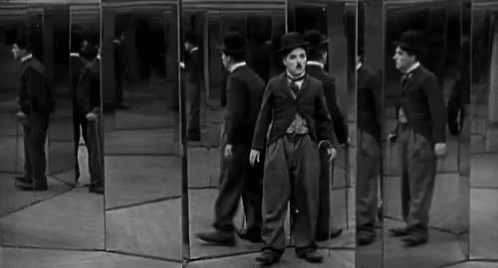One more time.
For years, Bobby Ross, Jr., and I have written lots of posts about religion-shaped holes in mainstream sports coverage. Apparently, very few GetReligion readers were interested in this topic (as opposed to, let’s say, the American audience for a prime NFL game).
But we soldiered on. This brings me — one last time — to a curious case study involving my Baltimore Ravens (who are still in the Super Bowl hunt, at this point).
Recently, a commentator on one of the dozens of NFL commentary shows asked an interesting question: Why don’t we talk more about the ongoing success of John Harbaugh, the Ravens head coach since 2008? No one had a good answer.
But I will ask a related question: After the Raven’s 34-20 playoff victory over the Houston Texans, which video clip was easier to find? The one (a) with Harbaugh showing his dad-style dancing moves in the joyful locker room or the one (b) in which he opened his press conference, with a very serious tone of voice, with a favorite Bible quote?
Click those Google links and you will see that, once again, the role that Christian faith (Catholic, to be specific) plays in the life and work of this future Hall of Fame coach is a “conservative” news story. Period. The viral dancing moves are much more important.
Which element of these two elements of Harbaugh’s personality is the most important in his life and work? The most accurate answer is “BOTH.”
However, I suspect that Harbaugh would say that his faith is more important. This brings me to the point that Ross and I have tried to make about the faith-shaped hole in most sports news coverage (and Clemente Lisi has noted this in global soccer coverage, as well). We are not stating that it is automatically news when sports personalities talk about their faith. It is new when they consistently cite their faith as a crucial factor how and why they do what they do in their career and life.
In this case, Fox News (naturally) went with the basic facts: “Ravens head coach John Harbaugh recites Bible verse to open press conference after playoff win.”










